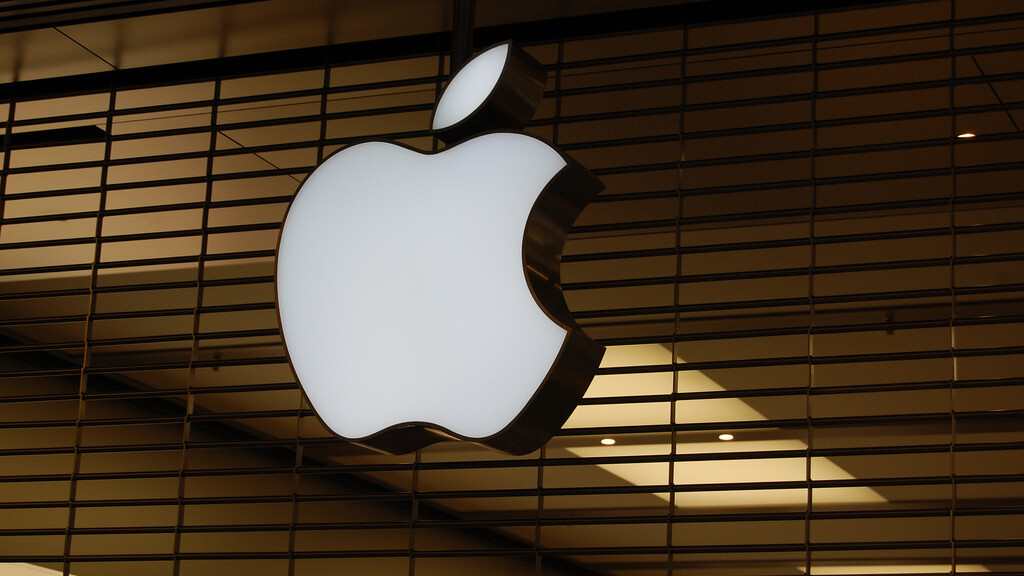
Earlier this week, Apple extended support for its iTunes Store, iTunes Match and iTunes in the Cloud services to 12 new markets across Asia. While the move is undoubtedly a positive one, bringing new services to users in Asia and extending monetisation opportunities for Apple and developers, it is also notable that the move missed three massive markets in the region; and a combined population of almost 3 billion.
Those living in China (1.5 billion), India (1.2 billion) and Indonesia (220 million) remain ‘off the grid’, with Apple fans in each country left to their devices if they want to access the benefits of these services. The more enterprising of them may have already set up overseas (US) accounts, which are then loaded with pre-pay credits — something that has gained a level of popularity in Indonesia — but for most, the services simply don’t exist.
Things are not simple, of course, else Apple would have long moved into these three giant markets and others. The Cupertino-based company is infamously shy to offer up statements, expect when confirming matters, so the exact reason why these countries remain untouched is not clear.
Word from Indonesia, we’re told, is that Apple — which is actively hiring in the country — was all set to launch the iTunes Store but it encountered issues with royalty collectors, the labels refused to talk, and then the preparations came down like a house of cards.
We don’t know if similar issues were at play in the other markets but certainly, with sizeable opportunities on the plate, revenue sharing and other monetary issues may well have been the sticking point elsewhere.
But there are signs of progress and, in China, for example, Apple is getting its stuff together.
It recently began to accept App Store payments in the local yuan currency, and the tight management of its content and delivery platforms offers a beacon of organisation in a fragmented app ecosystem, in which Google’s Android offers no paid apps and is rivalled by hundreds of other stores.
iOS are also available via third party vendors but, crucially for developers, the App Store offers a ‘safer’ route to monetising their creations in the world’s largest smartphone market.
As is the case in both India and Indonesia, Android is seeing far greater uptake in China. However, as the CEO of a games development firm there recently told me, Apple’s users are of far ‘higher quality’, in monetisation terms – meaning that the markets are already ripe for Apple, and poised to only grow going forward.
So while we may cheer as it expands into a number of other markets, the three biggest fish in Asia remain uncaught.
Image via Flickr / Nez
Get the TNW newsletter
Get the most important tech news in your inbox each week.




